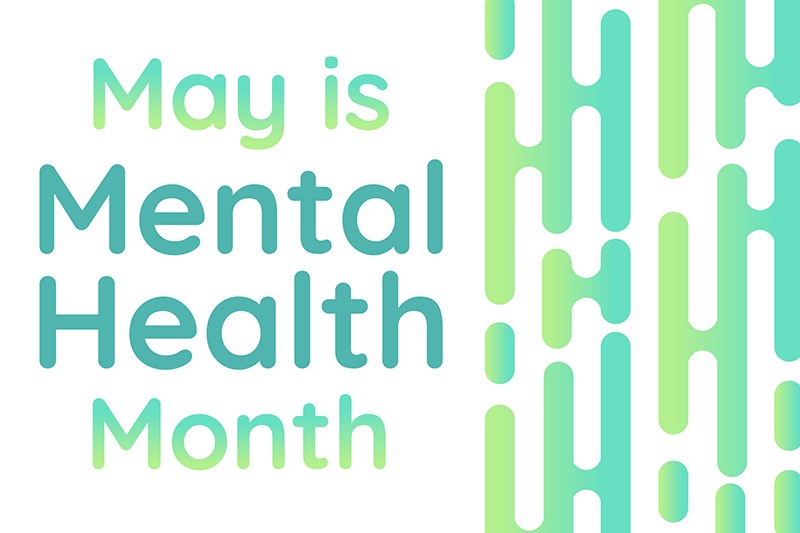Members of our community who have preexisting mental-health disorders (myself included and maybe you), like generalized anxiety or obsessive compulsive disorder, can have a particularly difficult time with events such as the rapidly spreading pandemic of COVID-19.
Strengthening of coping abilities, which is a central focus when managing compromised mental health, can be tested beyond capability during calamitous events. It’s a time to direct a conscious effort to connect with the community and people we trust, such as friends and family or our psychiatrist and mental-health counsellors.
Connection is found in unique ways in unprecedented times. Almost daily, I glance at my watch around 6:45 pm. Around 15 minutes later, echoes of banging metal begin from various directions: sounding like the first raindrops popping on a metal roof just before a heavy shower. Then, reliably, a sonic gush of banging metal echoes through the early evening sky. I spontaneously grabbed a pot and pan out of the kitchen and, out of character and against my instincts, I began banging them in arrhythmic fashion on my front porch.
During the nightly sonic salute to health-care professionals and essential workers, I’ve found my anxiety around the unsettling new normalcy of COVID-19 slightly dissipates. For a moment I’m connected, in a modern, primitive ritual of pounding pots and pans, acknowledging our togetherness in uncertain days while celebrating heroes in our world.
The salute for frontline health-care folks and essential workers has a positive byproduct for our collective social psychology at a time when our collective physical health is at risk. A communal act of defiance against the fear and stress is produced by a common enemy: an unpredictable global contagion.
We are managing dual epidemics in reality: a contagious virus and the fear surrounding it. Previous experience with large outbreaks of serious illnesses have shown the potential for panic is often a lot greater than the risk for the disease.
COVID-19 is not unique to our time. Plagues or pandemics are regular events throughout history: the bubonic plague killed a third of the European population in 1347 and an influenza outbreak in 1918 infected 500 million people worldwide; ending the lives of 20 to 50 million people. What is completely new with this pandemic is communication technology, which instantaneously moves a mind boggling amount of information around the planet.
With the omnipotent tool of information technology comes its nefarious opposite: misinformation. This Faustian bargain, or deal with the devil, seems to be an intrinsic part of modern life. Every advantage technology brings, there always seems to be a corresponding disadvantage.
The social psychology part of us has evolved slower and unharmoniously with our rapid technological advances.
COVID-19 has created discordant times for everyone. As in our pre-pandemic lives, everyone has their unique challenges, just with different, more spaciously generous behaviour.
Kind smiles toward strangers six feet away and primal clanging of metal cookware as celebration, defiance and connection might be new social norms for everyone, including those of us coping with mental-health disorders or people coping with any of life’s unique challenges.
Adaptation has always been a cornerstone of health and happiness.
Robert Skender is a Powell River freelance writer and health commentator.



